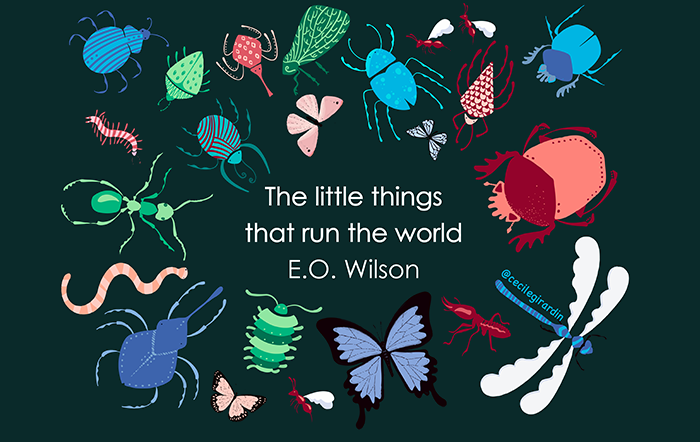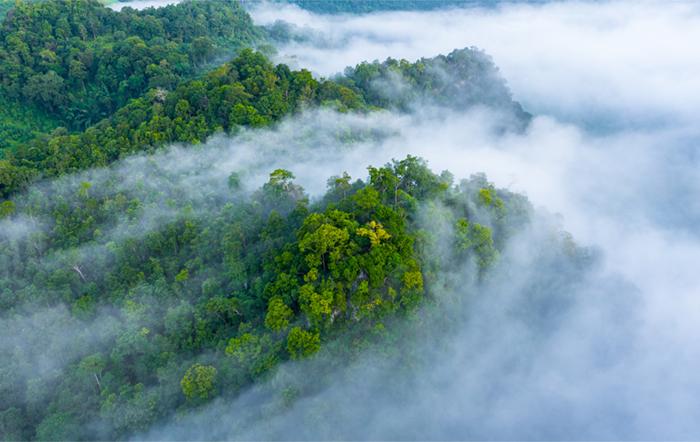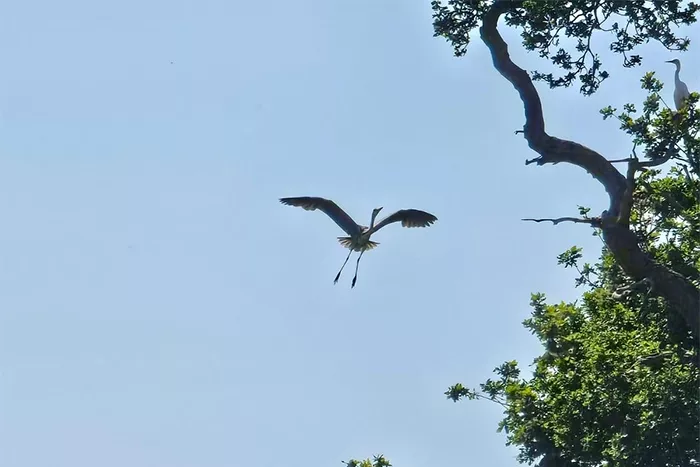The atmosphere’s growing thirst for water is making droughts more severe, even in places where rainfall has stayed the same. New research by Dr Solomon H. Gebrechorkos and Prof Simon Dadson et al in SoGE, published in Nature, finds that this “thirst” has made droughts 40% more severe across the globe.
News
Halve the farmland, save nature, feed the world
Scientists have demonstrated that humans could restore roughly half the planet as a natural home for all wildlife, while at the same time feeding a growing population and limiting climate change. The new Nature Sustainability paper is from Michael Obersteiner, incoming director at the ECI.
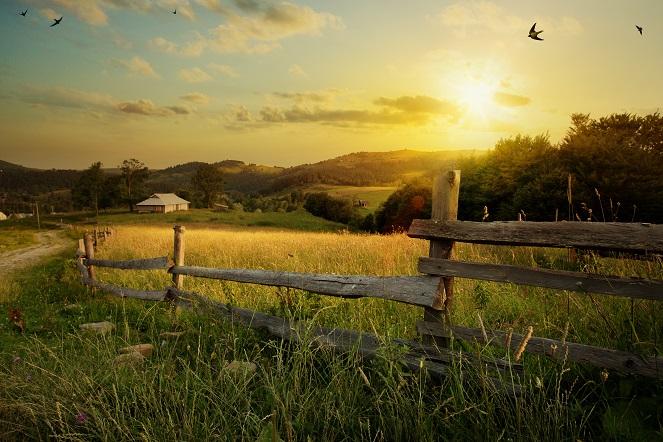
More than a blame game
Assessing how climate change affects extreme weather can improve climate science itself. This article in The conversation from Fredi Otto, acting director of the ECI, explains rapid attribution science and how it helps us to see, understand and better predict the impacts of global warming.
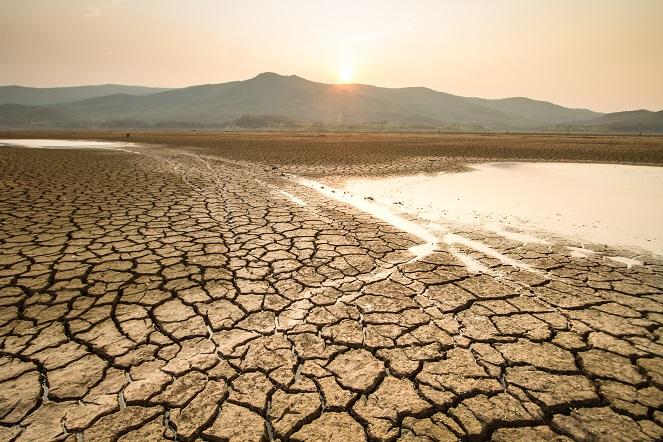
Oxford's 'JoyMeter' app captures impact of lockdown on energy consumption
A team of researchers at the ECI have released a survey app dedicated to gathering data on UK households' energy usage during the COVID-19 crisis. The project is led by Philip Grunwald, the Deputy Director of Energy research at the ECI.

Destination: green airline bailouts
The impacts of COVID-19 on aviation are only just beginning to be felt. In this article for The Conversation, Professor Cameron Hepburn and Brian Callaghan look at how governments could use bailouts to encourage innovation and get something for all of us, and the climate, in return.

Environmental activism goes digital in lockdown... but could it change the movement for good?
April 22 marked the 50th anniversary of the first Earth Day, and a few days later a global school strike was being organised by Fridays for Future. But after months of careful planning, both events were halted by the COVID-19 pandemic - so they went online instead. In this article for The Conversation, William Finnegan looks at the future of environmental activism.
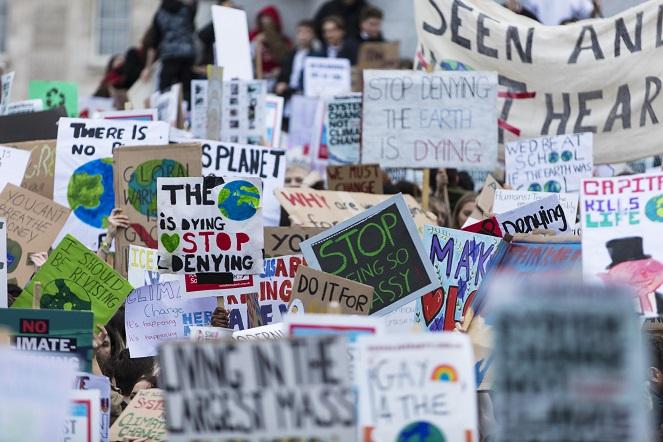
Meteorologists say 2020 on course to be hottest year since records began
Although the global lockdown due to coronavirus has lowered emissions, scientists including Doctor Karsten Haustein say that longer-term changes are needed, but that the pandemic could be a catalyst for more sustainable means of living.

Three charts that show where the coronavirus death rate is heading
Three graphs of mortality data tell the story of the direction the UK and the world are heading in after the peak of the coronavirus outbreak. Prof Danny Dorling tries to paint a clearer picture of the direction in which we are heading in an article for The Conversation.
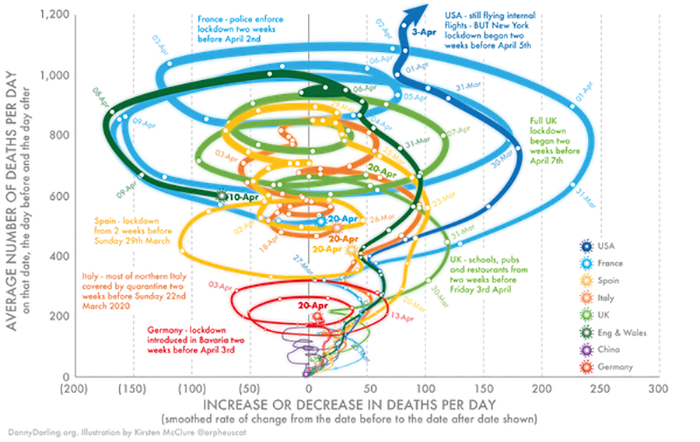
Amsterdam to embrace 'doughnut' model to mend post-coronavirus economy
The 'doughnut' economic model developed by Kate Raworth, researcher and advisory board member at the Environmental Change Institute, has been adopted by Amsterdam as the guiding policy to rebuild and mend the economy post-coronavirus.
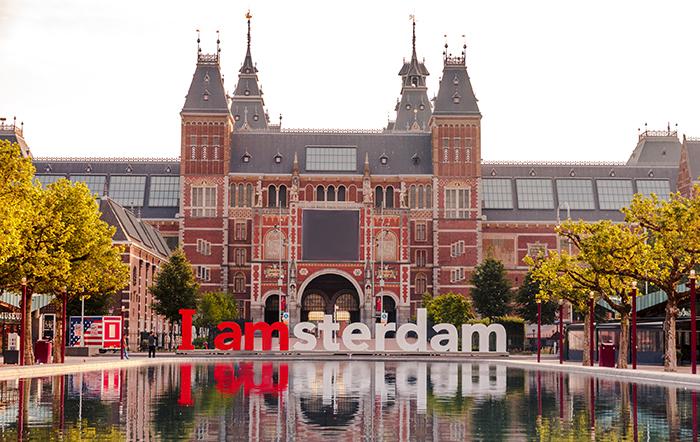
Food policy innovation in the COVID-19 crisis
Saher Hasnain, postdoctoral researcher and coordinator for the Foresight4Food Initiative, writes the first post in a series of reflection pieces and commentaries on food policy innovation in the COVID-19 crisis.

Insects... the little things that run the world
Insects, those creepy crawlies with six legs that some people love and others hate, are the little things that run the world. In a new blog post, Cecilia Dahlsjö looks at why insects are so key for the planet. The post introduces a special issue of Biotropica on the future of tropical invertebrate research.
